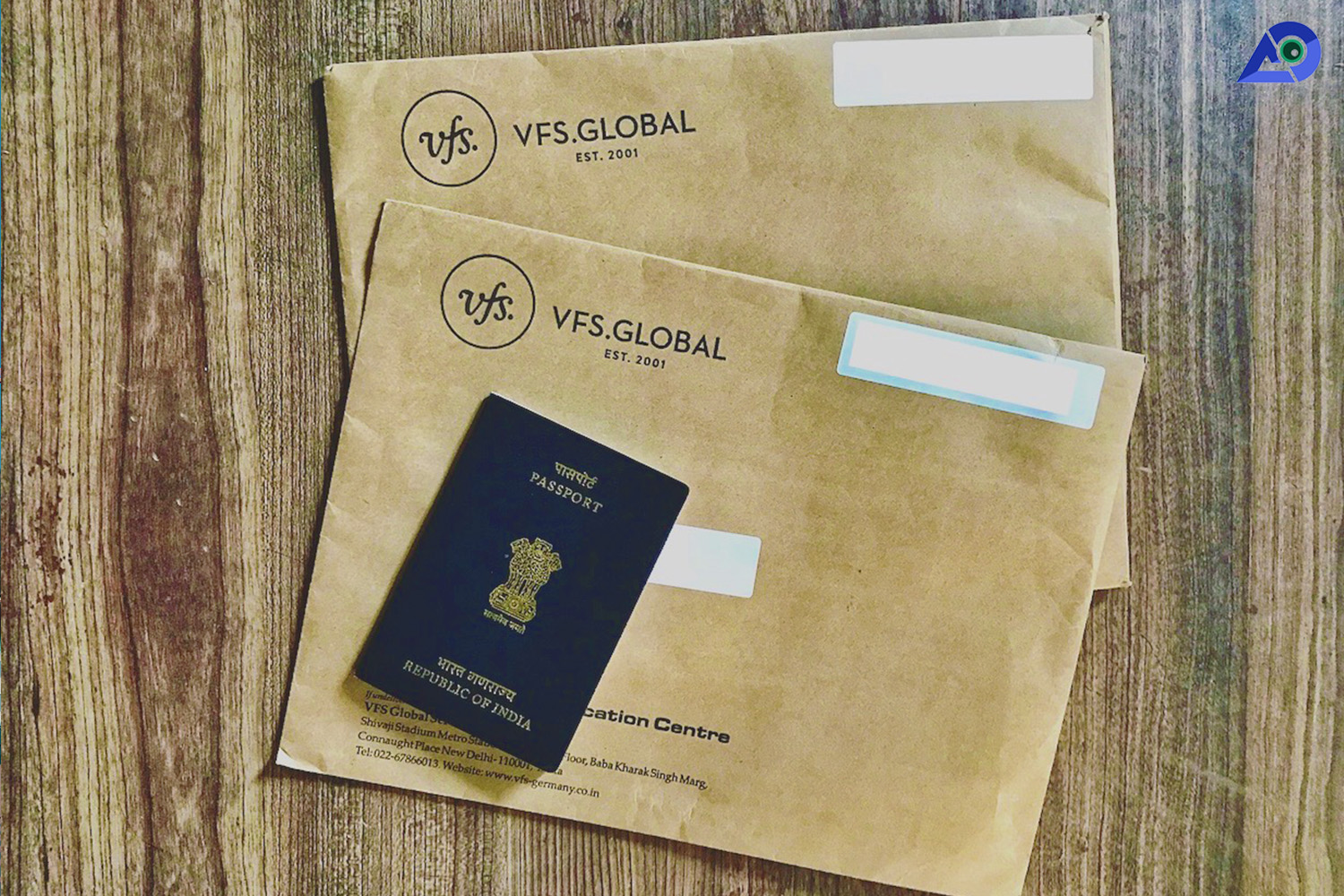The Schengen Visa is a short-stay visa that allows individuals to travel freely within the Schengen Area, a zone comprising 27 European countries that have officially abolished passport and other types of border control at their mutual borders. The Schengen Agreement, signed in 1985 and implemented in 1995, aimed to create a unified territory for ease of travel, commerce, and tourism.
What Is the Schengen Area?
The Schengen Area includes most European Union countries, along with a few non-EU countries. As of now, it entail 27 countries, including popular destinations such as France, Germany, Italy, Spain, the Netherlands, and more. However, not all EU members are part of the Schengen Zone (e.g., Ireland), and some non-EU countries like Norway, Switzerland, Iceland, and Liechtenstein are included.
Types of Schengen Visas
Other types include:
Airport Transit Visa (Type A): For travelers transiting through a Schengen country airport en route to a non-Schengen destination.
National Visa (Type D): For long-term stays, such as work, study, or permanent residency, issued by individual countries but not valid for travel throughout the entire Schengen Zone.
Who Needs a Schengen Visa?
Many countries require a Schengen visa to enter the area. Citizens from countries like India, Pakistan, Nigeria, China, and many African nations must apply in advance. However, passport holders from countries like the USA, Canada, Australia, Japan, and many Latin American and European countries can enter Schengen countries without a visa for short stays.
It is important to check the official Schengen visa policy or consult the embassy of the destination country to determine visa requirements.
Application Process
The application process for a Schengen visa typically includes the following steps:
Determine Your Main Destination: Apply at the embassy or consulate of the country where you will spend the most time or the first country you will enter if staying equal days in multiple countries.
Complete the Application Form: This can often be done online or downloaded and filled manually.
Prepare the Required Documents, which usually include:
Valid passport (with at least 3 months validity beyond intended stay)
Passport-sized photos
Proof of travel itinerary (flights and accommodation)
Travel insurance covering at least €30,000
Proof of financial means
Cover letter explaining your trip
Visa fee payment (typically €80 for adults)
Attend a Visa Appointment: Submit your documents in person and provide biometric data (fingerprints).
Wait for Processing: This can take between 15 to 45 days, depending on the country and season.
Validity and Extensions
A Schengen visa is usually valid for one entry, multiple entries, or two entries, depending on the consulate’s discretion. The total stay cannot exceed 90 days in any 180-day period. Extensions are rarely granted and usually only in cases of force majeure or serious personal reasons.
Common Reasons for Visa Rejection
A Schengen visa is usually valid for one entry, multiple entries, or two entries, depending on the consulate’s discretion. The total stay cannot exceed 90 days in any 180-day period. Extensions are rarely granted and usually only in cases of force majeure or serious personal reasons.
Visa applications may be rejected for reasons such as:
Insufficient financial proof
Incomplete or incorrect documentation
Lack of travel insurance
Suspicion of intent to overstay
Unclear travel itinerary
To avoid rejection, applicants should ensure their documents are accurate and complete, and their travel plans are clearly explained.
Final Thoughts
The Schengen visa offers incredible access to Europe’s most visited countries, allowing travelers to explore multiple destinations with a single visa. While the application process can be strict, proper preparation and documentation greatly increase the chances of approval. Whether you’re planning a romantic getaway to Paris, a business meeting in Berlin, or a cultural tour through Rome and Amsterdam, the Schengen visa is your gateway to Europe.



